Originally published July 2017 in Trojan Today.
Recently, I heard from a client who’d been pulled back into a more active role within her dental practice because of staff turnover, which created a situation typical to many dental offices. She was frustrated because the Junior Office Manager was more about doing things for other employees rather than teaching (and empowering) them. It was easier for her just to handle things herself when an employee had a question or an issue.
There are three reasons people don’t take time to train others when a question or an issue emerges:
1 They are not good at training. Just because someone is good at a certain thing (such as running an office, sending claims, or balancing a patient statement) doesn’t mean she’s good at training others on how to do it.
2 Job security. She may feel she won’t be as valuable to the doctor or the office if she shows others how to do certain things. If others know how to do the things she does, someone else might perform better and she might be replaced.
3 It is harder and more time-consuming to train someone else. If you want your office to grow, then you need to empower your team so they are better in their positions. When things come up, team members must learn how to fix the error or issue and how to handle the situation in the future.
If you want your employees to be self-reliant:
First, try to let them figure things out on their own. By letting them learn how to troubleshoot problems, they will become better problem solvers.
Second, send employees to the right resources to get answers on their own. For example, if they’re trying to find a report or dig something out of the software, show them how to access live help from software support and get the question answered independently. You want employees to realize there are ways to get their questions answered efficiently on their own. This allows them to become more empowered and responsible members of the team.
Lastly, if an employee really needs to be shown how to do something correctly, provide a way to refer back to the solution in the future. Make sure there’s some sort of documentation, such as a training document or written policy, that the entire team can refer to in the future in order to streamline your processes and build efficiency within your practice.

Laura Hatch, named in Top 25 Women in Dentistry 2016, provides real-world front office expertise and training for dental practice success. She is the CEO and Owner of Front Office Rocks, a sought after public speaker, and author of 200 published articles, and has helped hundreds of doctors grow their practice.
FMI: FrontOfficeRocks.com

